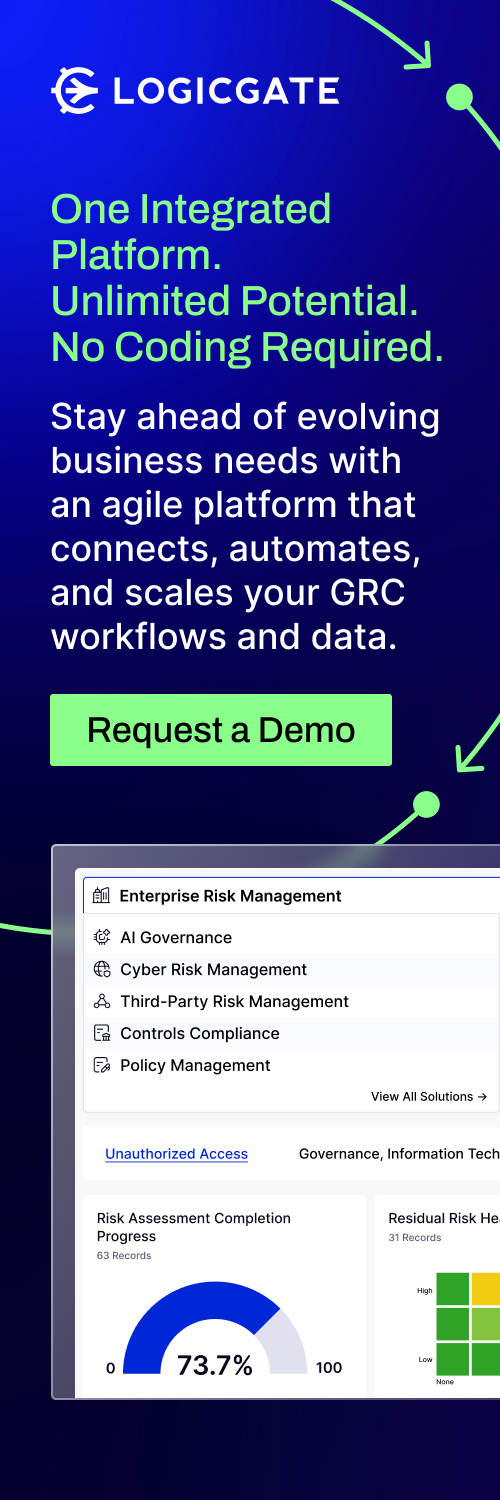Mexican banks moved to alternative network as hackers target real-time payments system
Three Mexican banks have been forced to activate contingency measures to foil attempts by hackers to infiltrate the country's real-time payments network.
Draft US Faster Payments Council governance framework released
A group of industry stakeholders has put together a draft governance framework for a new US Faster Payments Council (FPC). The 27-member Governance Framework Formation Team (GFFT) has spent eight months working on the draft for the new council's framework and has now released it into the wild, inviting others to provide feedback over the next 60 days.
EMVco reports over half of cards issued globally are EMV-enabled
Aggregated data published by EMVCo shows that by the end of 2017, 54.6% of all cards issued globally were EMV-enabled. The number of EMV payment cards in worldwide circulation increased by 1 billion over the previous 12 months to a total of 7.1 billion.
Europe begins Open Banking era in subdued style
The EU's second Payment Services Directive (PSD2) took effect on Saturday 13 January, bringing with it the start of Open Banking, however the prospect of a sudden revolution is likely to be thwarted by unresolved technical and regulatory issues and a lukewarm reception from consumers.
US Bank to use geolocation to authorize card transactions
Just in time for the holiday season, U.S. Bank has added location services to the U.S. Bank Mobile App, offering U.S. Bank Visa credit and debit card customers technology that uses their phones’ location to help verify whether their mobile devices and credit or debit card are in the same location.
Halloween howler: HSBC suffers online banking gremlins
High street bank HSBC was forced to apologise to UK customers after its online banking service went down for a chunk of Friday.
Digital payments volumes continue to rise globally
Global digital payments volumes are predicted to increase by an average 10.9 percent through to 2020, reaching nearly 726 billion transactions, according to the World Payments Report 2017 (WPR 2017).
Fico to release new CNP fraud fighting modules
Silicon Valley analytic software firm FICO today announced that its new Falcon consortium models for payment card fraud detection include machine learning innovations that improve card-not-present (CNP) fraud detection by 30% without increasing the false positive rate, a standard metric for fraud model performance.




